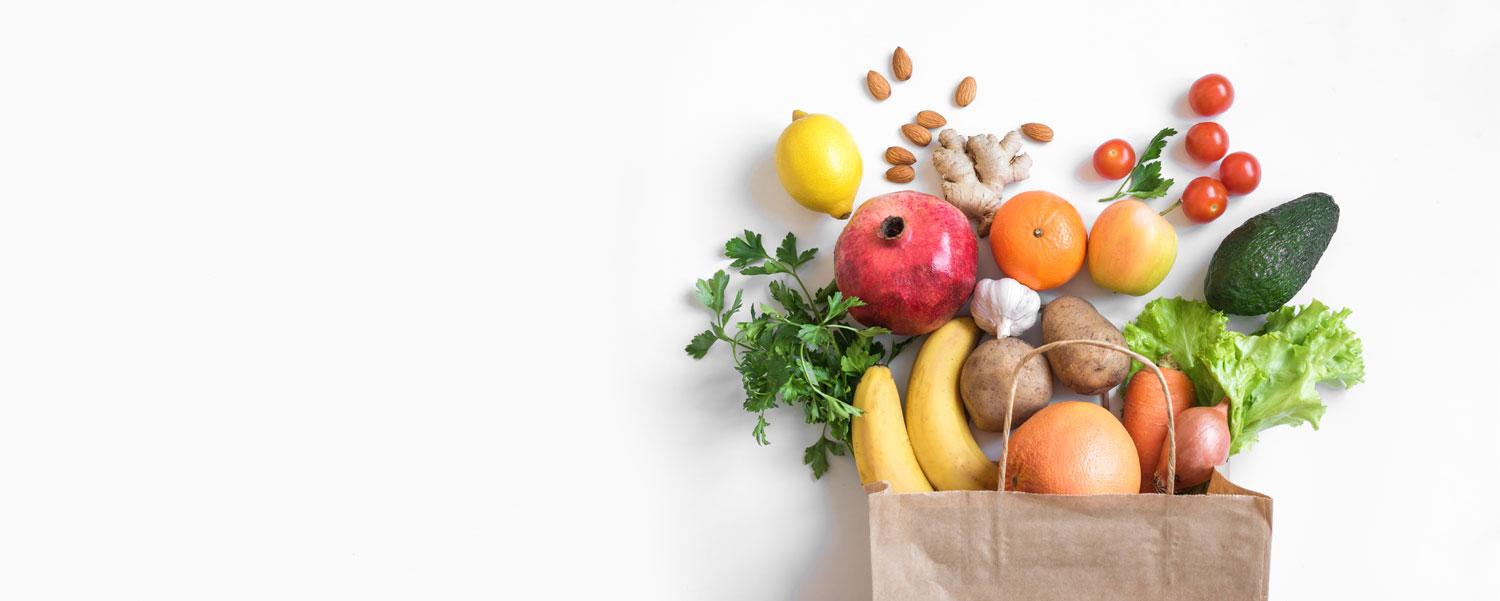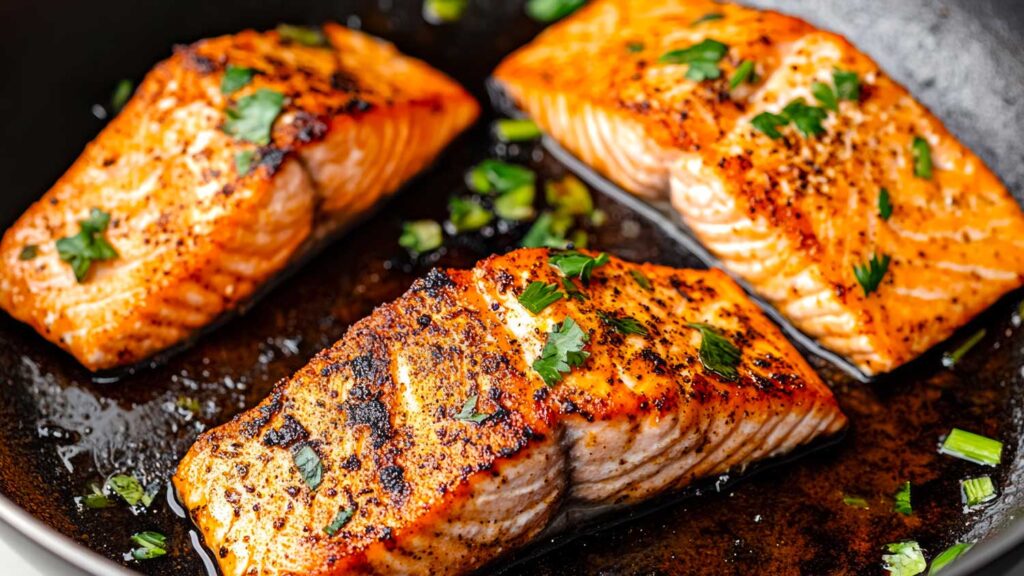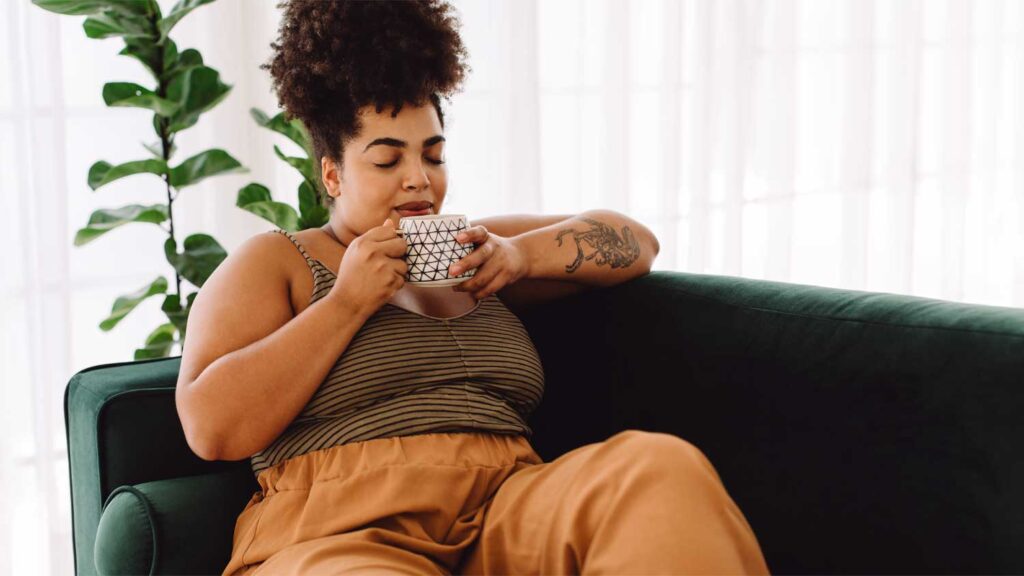Daily recommended nutritional intakes were created as a guideline. Balanced meals can provide most of what our bodies require yet even the best of diets can fall short when it comes to the supplements women require for cellular growth and repair. Our bodies do not create these micronutrients on demand. It’s important to replace them beyond just what our diets provide.
While each vitamin and mineral have their own function and identity, some are similar in what they do. For example, strong teeth and the body’s soft tissue benefit from vitamin A or vitamin C. Vitamin D is the granddaddy of them all when it comes to calcium absorption; nobody does it better in the vitamin world when it comes to strong bones.
As our bodies mature and change, so do our supplement needs. For women under 40 who are planning for a pregnancy, iodine and folic acid are critical additions for healthy fetal development. Iodine contributes to a baby’s developing brain. Folic acid helps reduce the risk of brain and spine defects. Digestion of protein and red blood cell creation are also linked back to folate needs.

Iron is one of the top needs of women between the ages of 41 and 50. Females entering the early stages of menopause, also known as perimenopause, can experience iron deficiency. From healing wounds to providing much needed energy, iron is a must-have during this stage of life. As women age, bone loss occurs. Osteoporosis can lead to fractures and frail bones. Increasing calcium-rich foods and vitamin D can help decrease your risk.
Between the ages of 51 and 60, folic acid returns to the lineup in addition to Vitamins B6 and B-12. Together, they aid red blood cell production, the nervous system, cognitive development and how women metabolize protein. Menopause brings an even greater risk of developing osteoporosis. In 2013, 36,282 postmenopausal women were part of a study where participants took calcium and vitamin D supplements daily for seven years. The researchers found a reduced risk of hip fracture among women in the group.

For women 70 and older, it’s all about vitamin D intake. This age group requires more than their younger counterparts for bone strength and health. Muscle mass also begins to decrease, which means that in addition to supplements, bone density and muscle building exercises are important.
No two women are alike. Nor are their unique needs when it comes to maintaining good health. Women’s level of activity, dietary choices, heavy menstrual cycles, childbirth and postpartum, along with genetic predisposition can provide their own unique hurdles. Open dialog with your doctor is important to ensure you’re at your best health-wise at any age and stage of life.














